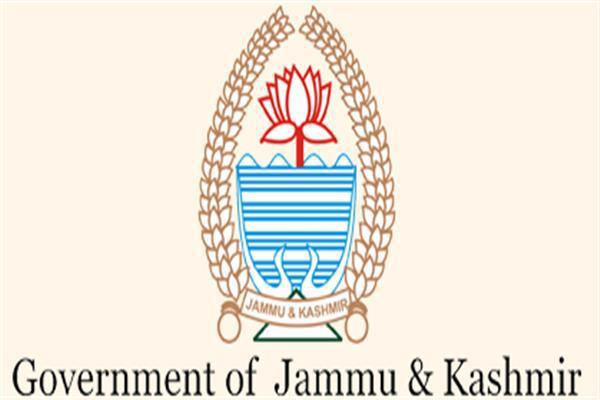SRINAGAR: With an aim to reform the educational ecosystem and infrastructure in Jammu and Kashmir, the largest single addition of education capacity in 70 years was done with the addition of new 25000 seats in 50 new colleges in one year only.
The present administration under Lieutenant Governor, Manoj Sinha is creating one of the best infrastructures for higher education in the country.
“Two colleges of architecture and One engineering college was also established. IIT and IIM was established in record time,” official documents said.
Government is bringing reforms for the transformation of education ecosystem by bridging the gaps and openings up opportunities for the younger generation.
The focus of the Government has been value-based education; creating an environment for individual growth apart from scientific and technological knowledge.
“We are working to create a perfect balance between students and teachers for shaping the young minds through a value-based knowledge system,” an official of the school education department said.
Speaking at a book launch of “Analysis of Accreditation Reports of Union Territories-Jammu Kashmir and Ladakh,” by National Assessment and Accreditation Council (NAAC) during a function organised by NAAC in collaboration with the Central University of Kashmir (CUK), Lieutenant Governor (LG), Manoj Sinha said that the Universities and Colleges have immense power and a small shift in curriculum can have a decisive impact on the socio-economic environment.
The Lieutenant Governor observed that the world is heading towards an era that will be dominated by the knowledge economy, our biggest asset would be the human capital, a combination of talent, skill, and creativity.
“Our biggest and strongest asset has to be the human capital, a combination of talent, skill, and creativity,” Manoj Sinha, said. “The UT government is consistently reforming the educational system with new tools to produce required skill sets.”
The education sector in UT is being reformed to meet the requirements of the rapidly transforming education system and the changing market dynamics. The shift in the curriculum at University and Colleges can have a decisive impact on the socio-economic environment of J&K.
An official said that efforts are continuing to improve the courses in Universities and Colleges to create a conducive environment for learning and innovation with the aim to empower every student with technical and social skills to develop entrepreneurial thinking. Highlighting the need to introduce new reforms to meet the requirements of the rapidly transforming education system and the changing market dynamics, the Lieutenant Governor said, “The University and Colleges have immense power and a small shift in the curriculum can have a decisive impact on the socio-economic environment”.
With the implementation of National Education Policy (NEP)-2020, more than 2500 kindergartens were established and another 2000 are being established under Capex Budget. 80,000 students are already enrolled in pre-pre-primary classes in 9000 Government primary schools. According to statistics of education department, 9643 Government schools from 6th to 8th classes were mapped with adjoining high and higher secondary schools for providing basic skills on vocational courses taught in 803 vocational labs. Every teacher will mentor 10 students of primary classes under the Student-Teacher Mentorship initiative launched in J&K with a focus on Foundation and Numerical Literacy.


